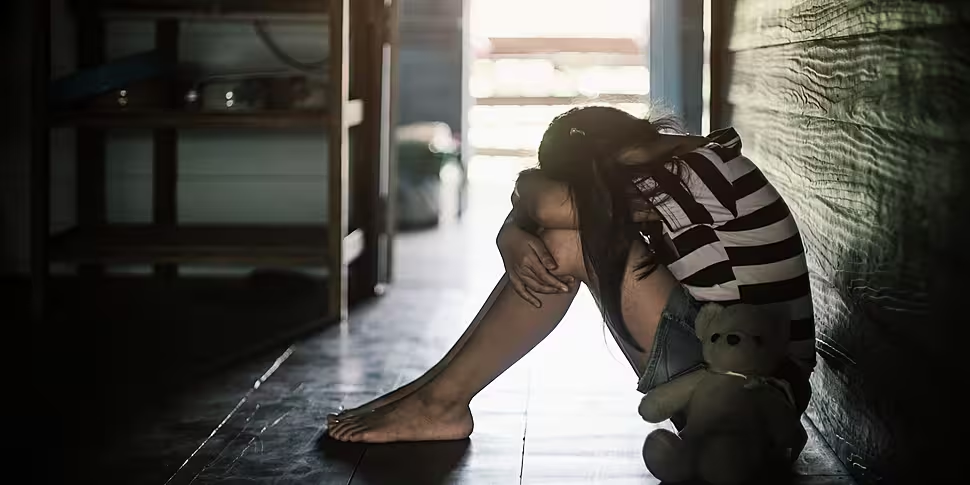What can a parent do to help a young daughter who is worried about dying?
Parenting expert and psychotherapist Joanna Fortune joined Moncrieff to answer this and other listeners' parenting questions.
The question
"I hope you can help me with my 10-year-old daughter. She is the oldest of 3. She is energetic, caring, imaginative, doing well in school and still does a lot of imaginative play with her brother.
"In 2020 we lost my dad and a little boy in her school two years younger than her that also passed away, both with cancer. Since then, very often when she goes to bed a lot of worries come up, especially schoolwork worries and fear of getting cancer and dying. She can take very long to fall asleep and she is the first one to get up.
"She doesn’t watch screens at all in the evenings and we always do the same routine. And when she comes and shares her worries we always talk about it and find a way of reassuring her. How can I help her to find a bit more peace for her little worried mind?"
Joanna's advice
"This is a worry with context. You all lost your dad and her grandad. The idea that a child can also die is difficult for all of us, but it's very difficult for other children to get their heads' around. Often, especially in younger years, children associate dying with older people as that tends to be their lived experience.
"Between 9-12 years old - exactly where she is - children tend to more fully understand the finality of death, along with realising death can also include them.
"Developmentally, that was all happening... then there was the realisation with real experiences that death is final and can happen to children.
"I think that may have triggered some fears and anxieties about loss.
"You can use imaginative play to play out scenarios to help her explore her fears... I don't mean literally scripting out a scenario about death, but just playing out things about feelings, thoughts, not being able to sleep.
"Using little toys or imaginative stories could be very helpful for her.
"She brings her worries to you - that's great. You always talk about it and find a way of reassuring her - this is really good, but try to stay with acceptance and empathy for her.
"When you sit with her, try to avoid rushing to reassurance. Reassurance comes from a place of wanting to reduce our children from the difficult feelings. Avoid minimising or dismissing [her concerns].
"Sit with her and bear witness to those [worries] - allow her to speak, draw, think or play about her feelings without rushing in to say 'are you better now?'
"Also, maybe ask your school or your local community centre about a Rainbows group. It's a voluntary group that's about supporting children through peer support - i.e. in little groups with other children - who have experienced loss. It's a programme... and that might be a resource she could avail of.
"I would also say around grief, bereavement, worries about death... Barnados has good resources about that on their website as well."









